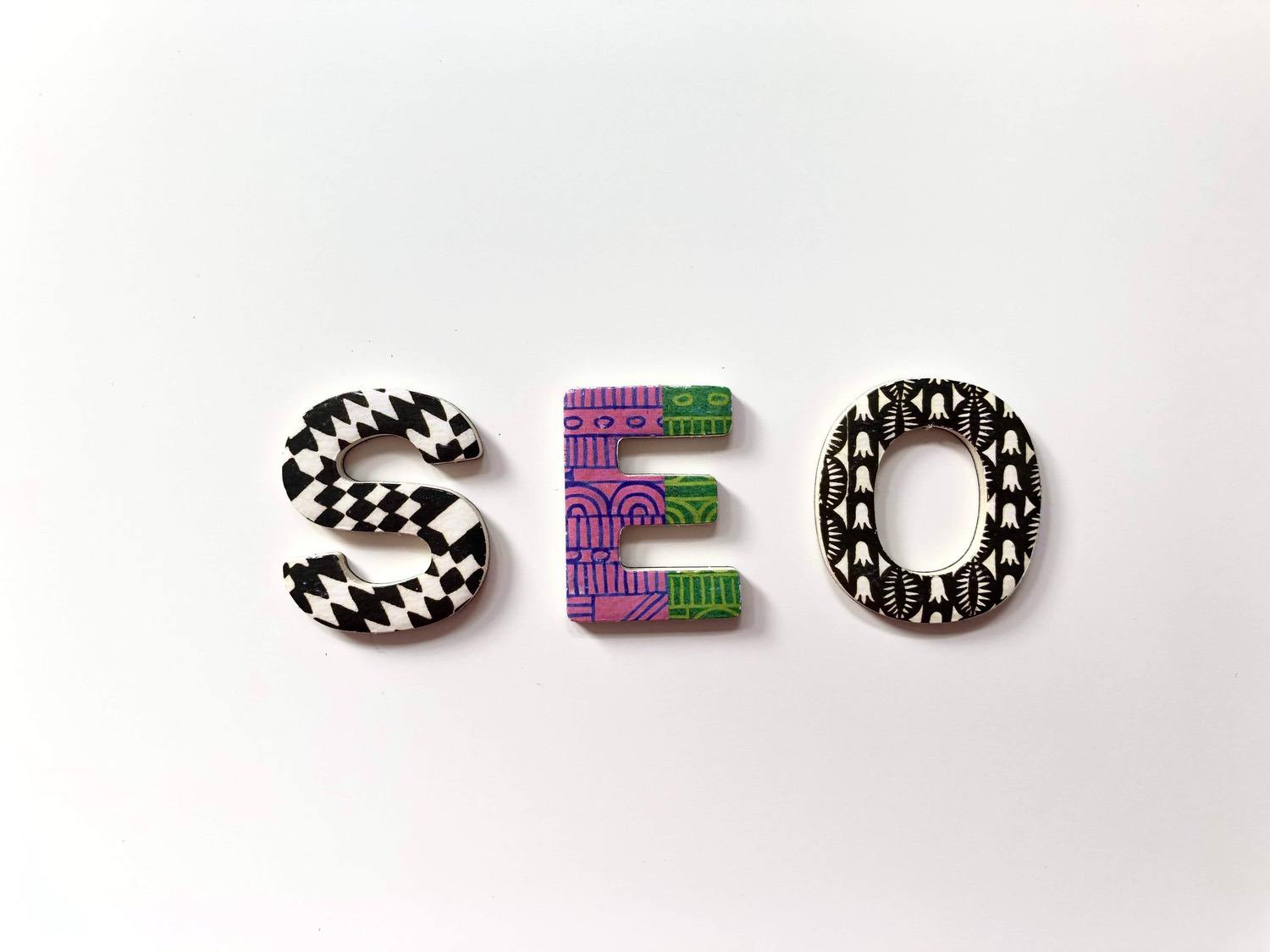I should make it clear that I cannot teach you 10 years of experience in one blog, just as you wouldn’t expect me to be an expert in your profession if I read a blog you had written. However, this doesn’t mean you can’t have a general understanding of the principles so that you can implement an SEO strategy or ensure that the person you are paying is doing what you expect.
Google has recently created some resources for website owners to understand the basics, and these are a good starting point, but I believe the content needs to be presented slightly differently.
Let’s start by understanding what Google wants to achieve. Its aim is to present the best result to someone searching. It doesn’t care about you; its only concern is that the person searching finds the right result.
Let’s break this down into a simple search and how Google ranks content.
For example, if someone searches “when was the Eiffel Tower built,” you would expect Google to present you with a web page that answers this question. This seems obvious. The issue that Google faces is that there may be more than one site giving the answer, so it needs a way to decide which site to show first, which to show second, and so on. This is where its algorithm comes into play. It uses an algorithm to compare many different factors and determine which site is the best result to present to the searcher.
This is a bit like how we, as humans, sort information when comparing products. If we are comparing three products, we may look at the pros and cons of each and choose the one that best suits us. This doesn’t mean that the product we choose is the best ever and nothing else is even close. We weigh up the options and choose the one that best suits our needs.
Let’s now look at how Google does this.
The first thing a website must do is answer a query effectively. It must have content related to the search term, which is why keyword research is important. You need to know the search terms you want to rank for and then create content around them.
With regards to the Eiffel Tower, multiple websites answer the query, so one of the first things Google may consider is the core web vitals, which is the technical aspect of how the website loads. The first consideration is whether the website works on mobile, as Google uses a mobile-first ranking, meaning the mobile version of the website is used to determine its position.
Google then looks at speed. If a site takes five seconds to load, visitors are likely to become frustrated and leave. So if two sites answer the query, and one loads in one second and the other in five seconds, the quicker one is more likely to rank higher.
If your website has been built withhin the last couple of years it should meet the basics of googles technical algorithm. It will work on mobile and load in a suitable time.
For basic level SEO, while speed and other technical factors are important, it’s not worth spending two days trying to reduce load time by 0.01 seconds. However, your site must meet a minimum technical standard.
Once the technical side is confirmed, Google starts to look at other factors beyond the initial content. For example, if two sites answer the query of when the Eiffel Tower was built, but one provides additional useful information such as who built it, how much it cost, and how long it took, that site is seen as more helpful to visitors as it adds further context to the initial query.
But this concept can be taken further. If that site also has blog posts about other landmarks in Paris, including the best places to visit, it becomes an authority on Paris landmarks, and Google is more likely to recommend it.
This is in the same manner as you may recommend a shop that not only stocks the item someone has asked you about, but also lots of other related items. It becomes a better experience.
So, we know that Google will be looking at a site that works on all devices and loads quickly for users. We also know that, in addition to the initial query, Google prefers experts in the field, so producing other related and relevant blogs will make your website more influential.
But it doesn’t stop there.
Almost anyone can create a website and publish lots of content, so Google uses other things in their algorithm. It may look at domain age, so a website that has been around for 10 years will have a higher score than a website that is 2 months old. It will then look at factors outside of your website to determine if you are a good fit. If two sites have content that answers the search query, Google may look at the number of Google reviews you have. If one has none and the other 50, Google believes that the one with more reviews could be a better fit.
And, similarly, if other websites have linked to your site Google can use this as a signal that others recommend it. For example, someone may have written a blog about their holiday in Paris and linked to your site, saying how helpful it was for getting ideas of where to visit.
Google also looks at factors such as your social media accounts. Do you have them? Are you active? Does Google want to recommend a website where the company may no longer be in business, or does it want to recommend one where they post regularly to social media, discussing topics related to your website?
You can start to see that Google’s algorithm is vast. In fact, it is believed to cover over 200 factors, and these are constantly changing.
It’s a race.
So, I want to make an analogy that SEO is like training for a 10k race. If you’re new to running, you need to put a lot of effort into your training to get yourself fit enough to enter the race. Then you need to work just as hard to become the fastest runner and win the 10k. But once you have won, is that enough? Can you stop training and keep winning? Probably not, for two reasons. Firstly, your fitness will deteriorate, and you will become slower; secondly, others will try to win the race and train for it. This is precisely the same as SEO. Getting to the top is one thing, but maintaining your position is another.
Keep producing great content and making changes to improve your website, and you will start to see improvements.
I hope you enjoyed this basic introduction and that it has provided some insight into what Google wants to rank. If you enjoyed it, please let me know, as I plan to create a more advanced course covering alt tags, internal linking, and silo structures, which can further improve your SEO.
Further Reading: Google Search Essentials








